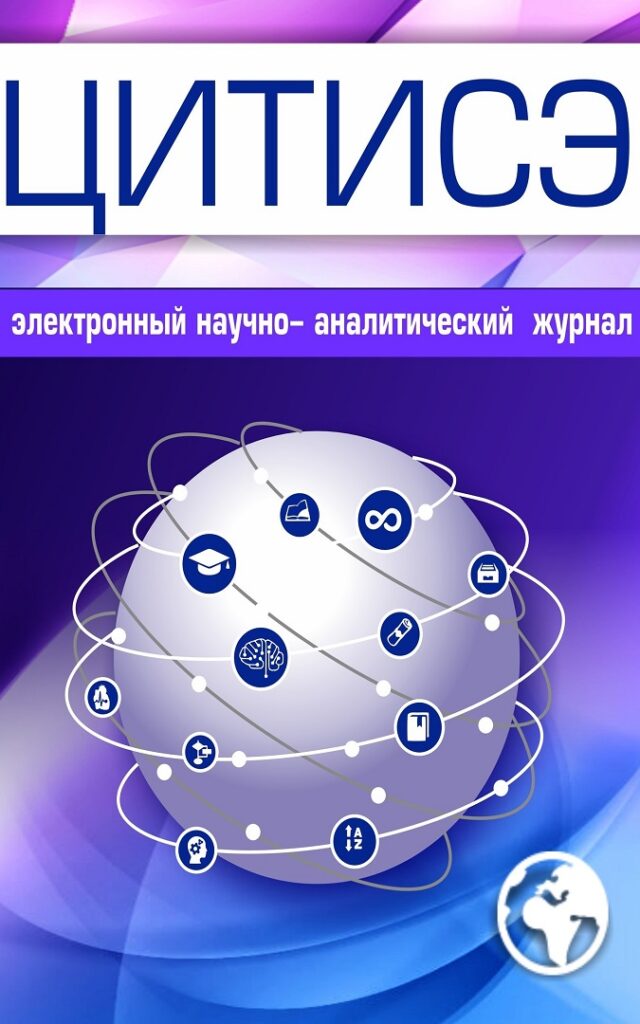Zenkevich S.
PROJECT “UKRAINIAN SEPARATISM”. CHRONICLE OF THE BIRTH
UDC 323.1
Annotation.
Subject and purpose of the article. The article deals with the main directions of development, implementation and realization of separatism technologies in Tsarist Russia in relation to a certain part of the Ukrainian population. The purpose of the article is to consider the actions and deeds of historical figures and some European countries that “started” the processes of separatism in certain areas of Russia. Methods and methodology. The paper uses the historical approach, the system-dark approach, the method of content analysis and event analysis. Results. The organizational structure, methods of influence, historical personalities, the chronological sequence of historical actions, foreign States and other elements that participated in the development and implementation of separatist technologies in the territory of the Russian Empire are revealed. Summary. Analysis Chronicles the emergence of separatism revealed his full identity to the development of modern separatism, the same set of elements: charismatic leaders in an environment of Li-berlei intellectuals, information and ideological support of foreign grants and foreign support, the denigration of the existing political system, strengthening in the minds of the local population that the Central government does not provide opportunities for development, attempting to create their AB-Autonomous oblast / socio-cultural space, the presence of elements force against sostojania. The difference between historical technologies of separatist ideologies formation and modern technologies is only in one thing: in the transfer of speed and volume of information and in the development of manipulative technologies of influence using the capabilities of neuro-linguistic programming.
Key words: Ukrainian separatism, Stefan Batory, little Russia, Cyril and Methodius brotherhood, Panka Kulish, Nicholas I, History vossoughi-tion of Russia, the Russian Empire, the dynasty of Rurik, Lev Ivanovich Sapieha, Alexander II, EMS act, ukrainophilism, the Triple Alliance of Austria-Hungary, Germany and Italy, Grossfuerstentum von Kiew, the schism in the Russian Orthodox Church, Russian Academy of Sciences, Alexander Parvus, Otto von Bismarck
References:
1.F. Engel’s, PSS tom 16, str. 160
2.Florenskiy P.A. «Imena» izd. EKSMO, 2007g. Str. 896
3. Kulish P.A. «Zapiski o Yuzhnoy Rusi» Snkt.P. 1857
4.Perepiska litovskogo kantslera L’va Ivanovicha Sapegi // Zhurnal Mini-sterstva Narodnogo Prosveshcheniya. Shestoe desyatiletie. Ch. CCLXXXV. 1893.
5.Monchalovskiy O.A. “Literaturnoe i politicheskoe ukrainofil’stvo” 1898g.
6. Bendasyuk S.Yu. «Istoricheskoe razvitie ukrainskogo separatizma», Izdanie russkogo obshchestva molodezhi, L’vov, 1939g.
7.Vyvody Osobogo Soveshchaniya ot 18 maya 1876g. («Emskiy Ukaz»)
8.Grushevskiy M.S. «Illyustrirovannaya istoriya Ukrainy-Rusi.», Kiev, 1997 g.
9.Ótto fon Bismark, «Mysli i vospominaniya» FOLIO, 2015g.
10. Shcherbinin D.I. Konfliktnyy potentsial sovremennogo separatizma. — M.: Nauka, 2010. — 115 s.


